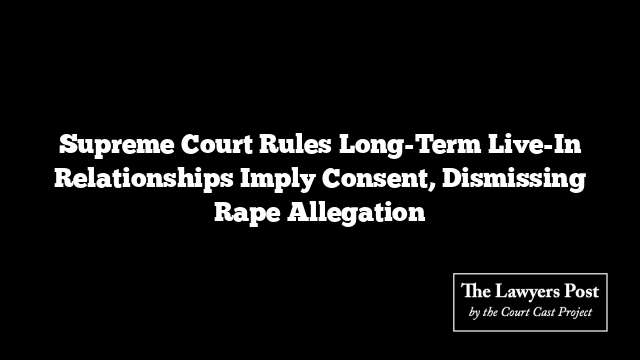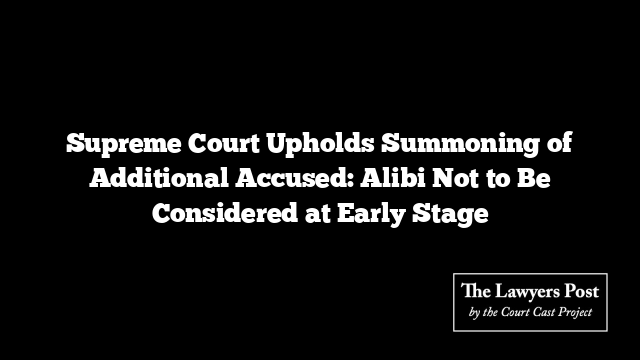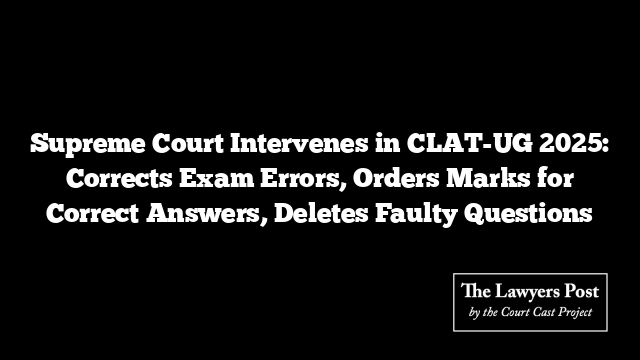In a significant ruling, the Supreme Court has emphasized that long-term cohabitation between adults suggests mutual consent to maintain a live-in relationship without marriage, making any claims of rape based on a false promise of marriage untenable.
The case stemmed from a couple’s two-year live-in relationship, with a settlement deed signed in November 2023, affirming their love and commitment to eventually marry. Despite this, the woman lodged an FIR four days later, alleging the man raped her on November 18, 2023, under the false pretense of marriage.
After the Uttarakhand High Court declined to quash the FIR, the man approached the Supreme Court. Justices Sanjay Karol and Manoj Misra ruled that the absence of any specific allegations about the man coercing the woman under the guise of a marriage promise meant there was no grounds to support the rape claim. Furthermore, the court noted that the physical relationship, which had lasted for over two years without any prior complaints, implied ongoing consent from both parties.
The court made clear that when two capable adults live together for an extended period, a presumption arises that they entered the relationship voluntarily and with full awareness of the consequences. The argument that the relationship was based solely on a promise to marry was dismissed as unconvincing, particularly when no evidence suggested that the woman would not have agreed to the relationship had marriage not been promised.
Additionally, the court highlighted the growing trend of live-in relationships, especially as financial independence empowers women to make their own choices. It cautioned against a rigid, pedantic approach in such matters, urging courts to consider the length of the relationship and the conduct of the parties involved. The court ultimately ruled in favor of the man, concluding that continuing the criminal proceedings would be an abuse of legal process.
The ruling reflects a shift in recognizing the autonomy of individuals in long-term live-in relationships, underscoring consent over assumptions of marital intent.





